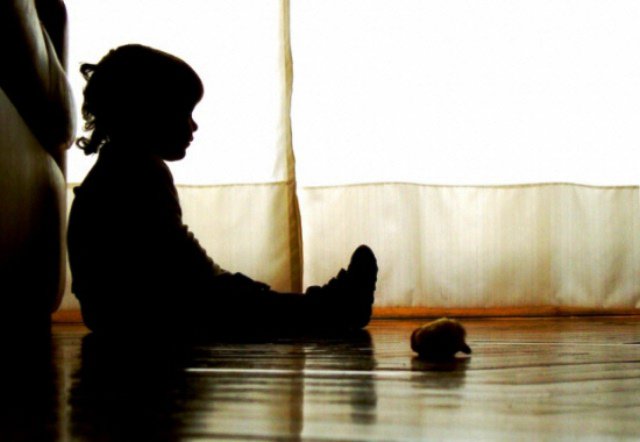
It took her family almost four days to get an FIR registered. They faced the ignominy of cleaning the police station. Social media had to take up the issue. When some element mobilised its ranks to stage a protest, the mainstream media pursued the matter. The PM took notice. As is usual, some heads were rolled. Search for the barbarous culprits is still underway.
For Farishta, Zainab or countless other unnamed victims of child abuse, Pakistan is increasingly becoming a suffocating place. Those who are brutalised and lose their lives fortunately snap ties with their earthly miseries. Those who survive undergo tortured existence throughout their lives. The scourge of child abuse is endemic and cannot be brushed under the carpet indefinitely. We have to accept it and tackle it head-on.
The choice before us is simple. Are we serious in confronting this menace or just firefight when some lone incident draws media hype? As a society, are we willing to take comprehensive, broad-based and sustainable initiatives to confront the issue? Do we really want our children to be safe and secure or do we want our country to be a place where these angels fear to tread?
Parents need to be extremely vigilant and have a focal role to play. Children should not be left unaccompanied. Among other things, they should be taught in terms of inappropriate touching, consent, and discomfort with certain adults, even close relations and family friends. They should be encouraged to share their daily activities and interactions. Behaviour of the child has to be constantly monitored as many victims do not voice their ordeal due to shame, fear or guilt. Sufferers of abuse display visible changes in mood which may include signs of depression, sadness, tearfulness, lethargy, anger, or mood swings. Such children may also begin isolating themselves, withdrawing from family or friends and spending most of their time outside. There is also the possibility of significant changes in sleeping patterns and habits, sudden changes in appetite and eating patterns, or considerable weight gain or loss. They often display a heightened sense of vigilance, vulnerability and fearfulness. Another serious dimension of childhood abuse is its deleterious effects whereby the impact of the incident is delayed and slow to develop but acute when it occurs. This debunks the misconception that the impact of such abuse is time-bound and fizzles away gradually. The agony of abuse casts grave shadows into adulthood.
Victims of sexual abuse need support and engagement. Parents, counselors, therapists, social welfare organisations and state apparatus need to work in tandem to neutralise the impact of child abuse. Effective law making, efficient law and order machinery, and an empathic societal mindset towards the victim and his family can significantly address the damage. Mainstreaming of the victim is the real challenge society faces. It should never allow a precious life, mind, and spirit to become casualty of an abhorrent experience.
Farishta cannot be brought back. Today, it was her. Tomorrow, it can be our own child. Let us not just move on. Freeze here and now. Capture the moment. Think, brood, reflect and resolve to do something. And then make that resolution actionable. If we do not nurture our children’s present with care and caution, we will have a demented and disfigured future.
Published in The Express Tribune, May 29th, 2019.
Like Opinion & Editorial on Facebook, follow @ETOpEd on Twitter to receive all updates on all our daily pieces.



1716998435-0/Ryan-Reynolds-Hugh-Jackman-(3)1716998435-0-165x106.webp)



1729685382-0/Untitled-design-(57)1729685382-0-270x192.webp)


1730706072-0/Copy-of-Untitled-(2)1730706072-0-270x192.webp)
COMMENTS
Comments are moderated and generally will be posted if they are on-topic and not abusive.
For more information, please see our Comments FAQ